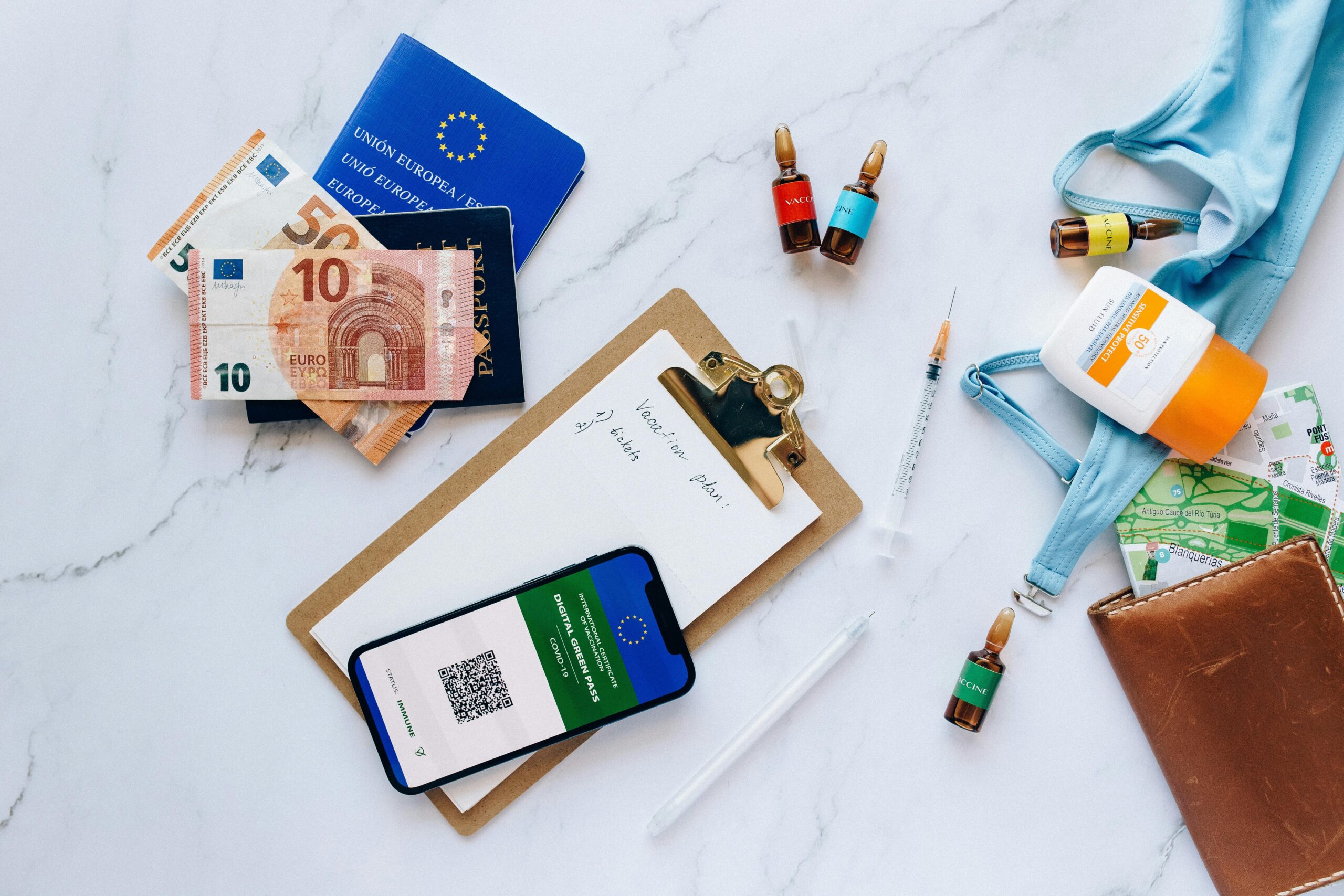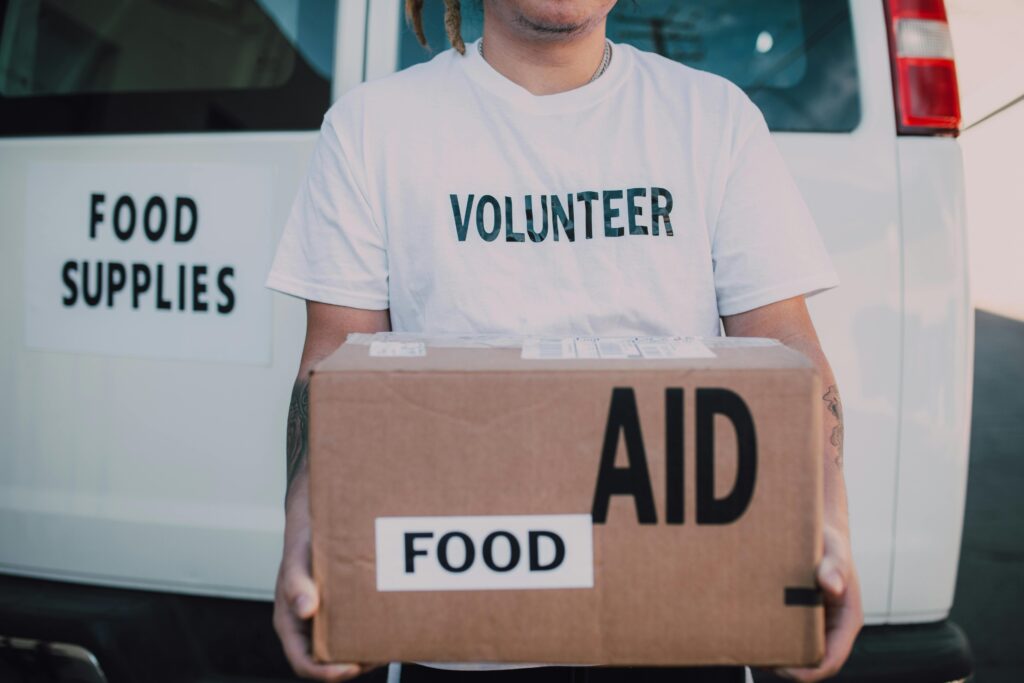Ever felt stranded abroad during a medical emergency, unsure who to call first? Imagine being thousands of miles away from home, facing hospital bills and zero local support. This isn’t just scary—it’s a reality many travelers face without proper repatriation insurance or embassy coordination.
In this post, we’ll dissect why coordination with embassies is vital for maximizing your repatriation insurance benefits. You’ll learn how this collaboration works, actionable steps to ensure seamless communication, common mistakes to avoid, and real-life examples that prove its importance. Let’s dive in.
Table of Contents
Key Takeaways
- Embassy support can expedite the repatriation process when combined with insurance.
- Effective communication hinges on having critical documentation ready.
- Ignoring embassy resources could leave you vulnerable abroad.
- Negotiate diplomatically—don’t rely solely on insurance companies.
- Real-world case studies show successful outcomes hinge on teamwork between insurers and embassies.
The Problem: Why Embassy Coordination Matters
Let’s face it: repatriation insurance sounds straightforward until you’re lying in an unfamiliar hospital bed trying to explain what’s going on via Google Translate. The truth? Travelers often underestimate the value of coordination with embassies. Without knowing who handles emergencies locally, getting back home—or even navigating healthcare systems—can spiral into chaos.
I once heard about someone stuck in Bangkok after their wallet was stolen. They had travel insurance but no clue how to activate it because they couldn’t find English-speaking staff at the hospital. Enter: the embassy. With embassy intervention, not only were transportation details sorted swiftly, but also direct contact lines opened up between the hospital and insurer.
So here’s my rant: too many people think calling an embassy is admitting defeat. No! It’s proactive crisis management. These agencies exist precisely for situations like these.

Steps to Coordinate Effectively with Embassies
Here’s where things get actionable:
Step 1: Research Before You Go
Optimist You: “I’m sure I’ll never need an embassy!” Grumpy You: “Yeah right; always be prepared.” Make a habit of saving your nearest embassy contacts before any trip using apps like Smart Traveler.
Step 2: Know Your Policy Inside Out
Read all fine print associated with your repatriation insurance policy. Highlight sections detailing embassy interactions since some policies mandate contacting them directly.
Step 3: Document Everything
Bills, police reports, hospital forms—you name it. Keep copies stored digitally as proof should disputes arise later.
Terrible Tip Alert: DON’T assume verbal agreements suffice. Get EVERYTHING documented officially, whether via email or signed letters.

Best Practices for Leveraging Insurance & Embassy Support
- Contact your embassy IMMEDIATELY in cases of serious illness or injury abroad.
- Use formal channels when communicating—emails beat phone calls for record-keeping purposes.
- Ask insurers AND embassies if joint efforts exist for handling repatriations efficiently.
- Be polite yet persistent; bureaucracy moves slowly unless pushed gently but firmly.
Sounds easy enough, huh? Like sipping coffee while sending emails… except not really. Think more lukewarm instant coffee than barista-grade latte.

Real-Life Examples of Successful Coordination
Case Study 1: From Paris to Pittsburgh
Jane, an American tourist, fell ill during her Paris vacation. Her family panicked until she reached out to both her insurer and the U.S. Embassy. Within hours, arrangements were underway thanks to dual-party cooperation—including securing a medevac flight promptly.
Case Study 2: A Lesson Learned Abroad
John faced legal trouble in Dubai due to misinformation around his visa status. After consulting his embassy alongside legal advisors provided by his insurer, he dodged potential jail time through diplomatic negotiations.
Frequently Asked Questions (FAQ)
Q: Do embassies pay for repatriation costs?
A: Generally, no—they assist logistically rather than financially. That’s why insurance matters!
Q: Is contacting an embassy required under repatriation policies?
A: Not always—but doing so ensures smoother processes overall.
Q: What happens if embassies aren’t responsive?
A: Try multiple communication methods, escalate issues internally within the consulate system, and notify your insurer ASAP.
Conclusion
There you go—a crash course in mastering coordination with embassies while wielding repatriation insurance effectively. Remember: preparation beats panic every single time.
As promised earlier, here’s your quirky haiku moment:
Passport pages worn,
Calls to embassies ring loud—
Home waits patiently.


